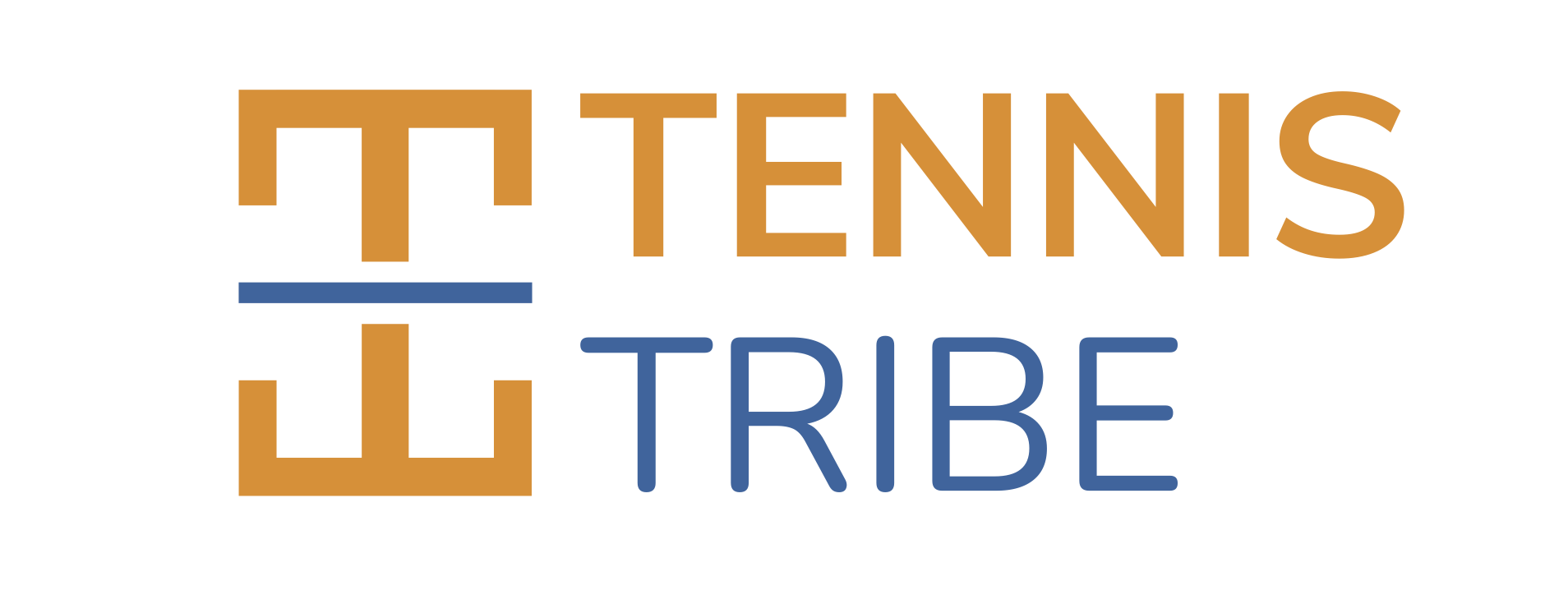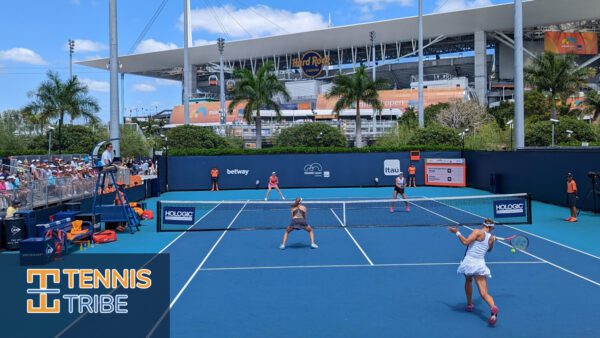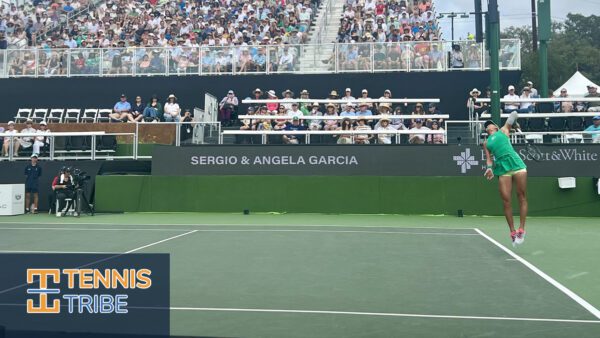The #1 Doubles Strategy Newsletter for Club Tennis Players
New doubles strategy lessons weekly straight to your inbox.
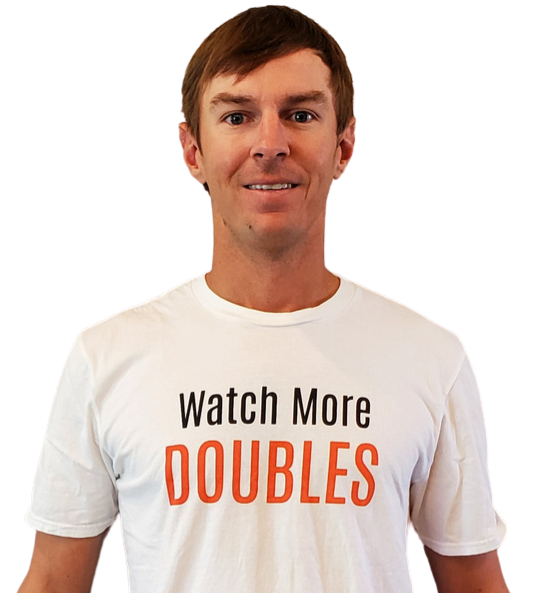
Will Boucek is an ATP & WTA doubles strategy analyst. His lessons & advice will transform the way you play doubles.
Find the Best Tennis Racquets & Gear
Whether you need the best tennis racquets, shoes for tennis, gifts for tennis players, or something else, our tennis racquet reviews & tennis gear reviews will help you make the right choice for your game!
Thanks for the Pure Strike 100 recommendation. I’m using natural gut at 54. Loving it!
– Geoff L. | USTA 4.0 Player
I read your tactics guide and after losing the first set… we won the match playing smarter. It was truly some tips from this guide that helped me win.
Thanks for your podcast and doubles newsletter. It really helped me believe in my ability today!
Tobi M. / USTA 4.0 player from the Boston area
NEW COURSE!
Net Play Strategy for Doubles
Masterclass on skills, strategy, and mindset for dominant net play in doubles!
- Over 190 minutes of Video Doubles Lessons
- 25 Whiteboard Video Lessons
- Video Analysis of over 30 ATP & WTA doubles points
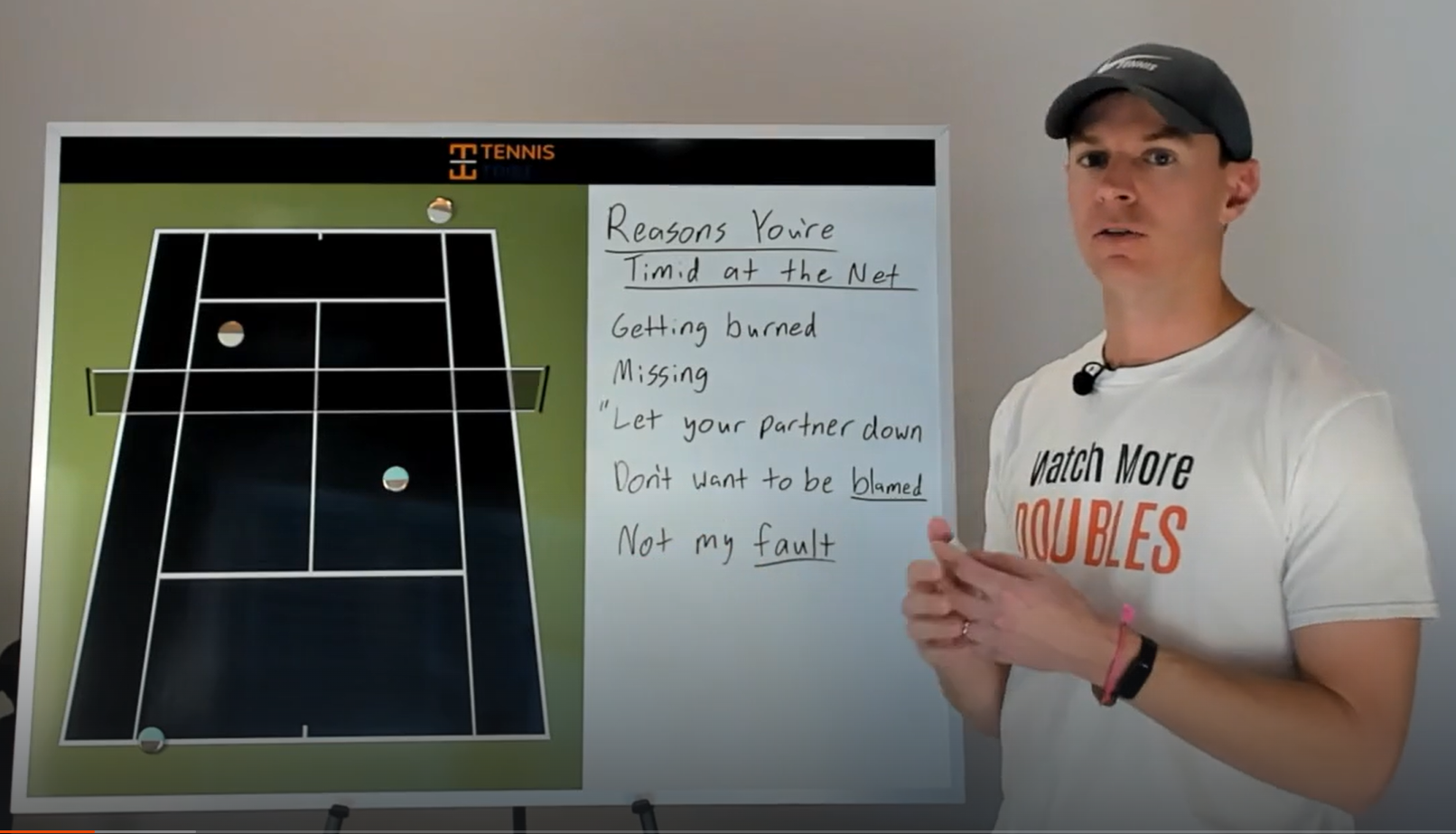
You’ll learn from Will Boucek, an ATP & WTA Doubles Strategy Analyst
Review The Best Tennis Gear, Improve Your Doubles Game, & Keep Up With The Pro Doubles Tours
We’ve helped over 1,000,000 players choose the right gear, get better at tennis, and stay up-to-date with the ATP & WTA doubles tours.
Gear Reviews
- The best racquets
- On-court gear
- Tennis equipment
Doubles Lessons
- Improve your strategy
- Develop the mental game
- Learn winning tactics
Pro Doubles News
- Tournament previews
- Interviews
- Stories from around the tour
Tennis Gear Reviews that Help You Choose the Best Racquet, Shoes, & More for Your Game
We test and review tennis racquets and other on-court gear to help you find the right products for your skill-level, ability, and playing style!
With over 20 years of experience playing and coaching tennis, we make shopping for tennis gear easy. Choose racquets based on skill level, like the best tennis racquets for beginners, or from other gear reviews like the best tennis skirts, tennis ball machines, best tennis bags, and more. Our recommendations can help tennis players with any ability or budget.
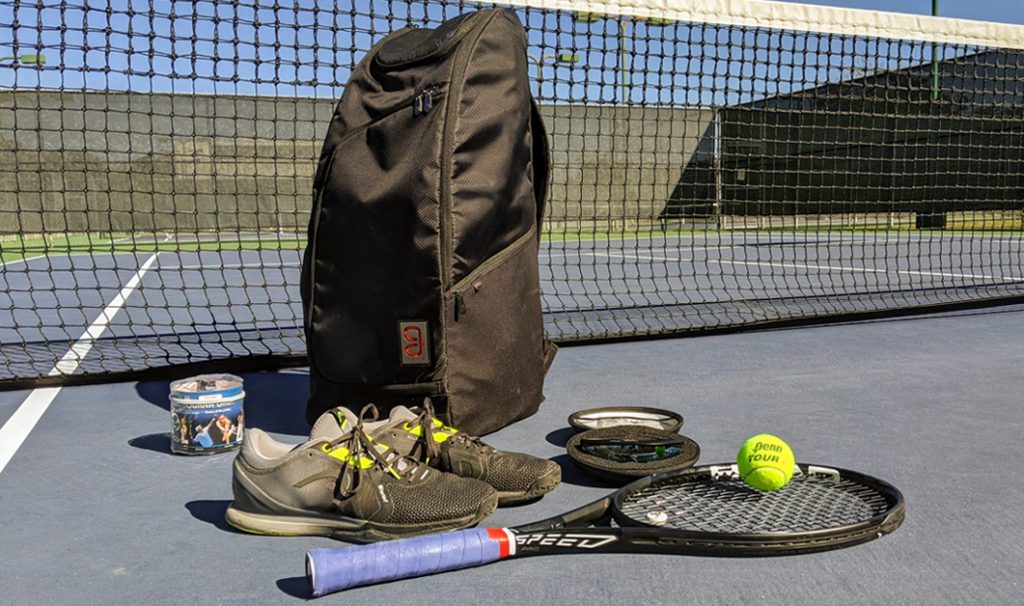
Doubles Only Tennis Podcast
The only tennis podcast with a focus on doubles.
Hosted by Will Boucek, ATP & WTA doubles strategy analyst, this podcast helps you win more matches by playing smarter doubles. You’ll learn pro tips and expert strategy from Will and podcast guests. You’ll get to know ATP & WTA tour doubles players and coaches to help you improve your game.
Former guests include Danielle Collins, Gigi Fernandez, Rajeev Ram, Luke Jensen, Craig O’Shannessy, Pam Shriver, and more.
Latest Podcasts Episodes & Interviews
Covering the ATP & WTA Tour: Tournament Guides & Featured Doubles Stories
We have guides on all the biggest professional tennis tournaments including prize money, current champions, how to watch on TV, ticket & hotel information, and more. We also cover professional doubles news on the ATP and WTA tour. Stay up-to-date with the latest stories, and doubles tournament previews, and be sure to watch more doubles!
Featured Doubles Stories
Tennis Tribe Story
In 2016, The Tennis Tribe started as a small tennis blog and newsletter about doubles strategy. We believed that most people were playing doubles the wrong way and created online educational resources for tennis players to change that. We made our doubles lessons original, insightful, actionable, and occasionally, counterintuitive.
Today, we help players improve their game through articles, video lessons, Ebooks, and courses that cover doubles strategy and the mental side of the tennis. We’ve created easy-to-use tennis gear reviews, and cover the professional ATP & WTA Tours.
Today, over 100,000 readers per month use Tennis Tribe to improve their game, find the right gear, and keep up with pro doubles.
Join 1000’s of other tennis players from around the world to change your game today!

I positioned myself as per your guide on Monday night and won some crucial points!! We won 6-4, 6-4.
Thanks again, we are going into winter here in NZ so I will play less but thanks to you with better results!!
Mr. Lindsay P.
Club tennis player from New ZealandI’ve been teaching tennis over 30 years and I thoroughly enjoyed your Doubles guide! Clear, brief explanations and I loved the video analysis of the WTA players and their preferences.
I look forward to any content you send out and also, I’m going to listen to your podcasts. I heard you for the first time on Craig O’Shannessy’s webinar about dubs and was hooked.
